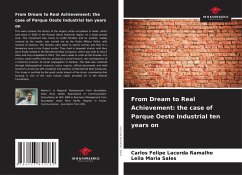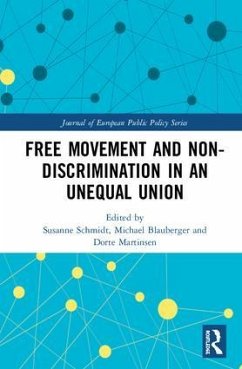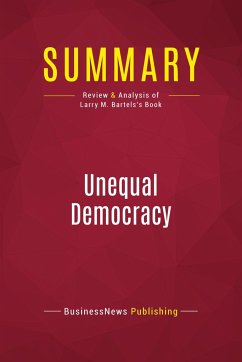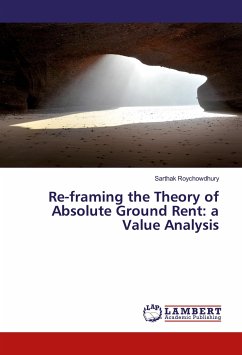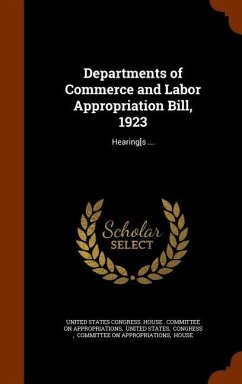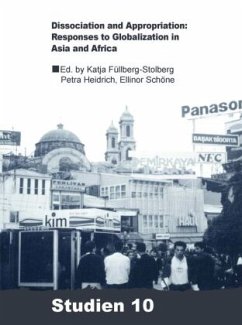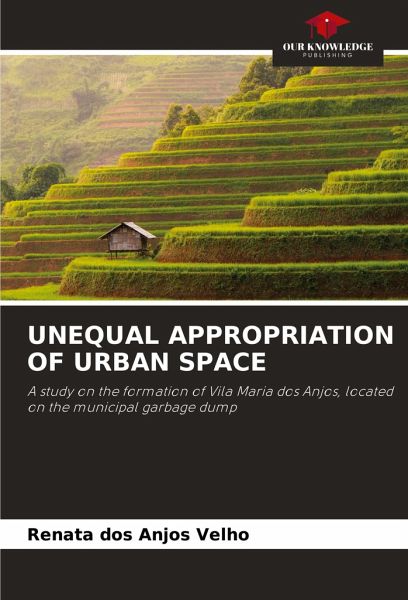
UNEQUAL APPROPRIATION OF URBAN SPACE
A study on the formation of Vila Maria dos Anjos, located on the municipal garbage dump
Versandkostenfrei!
Versandfertig in 6-10 Tagen
40,99 €
inkl. MwSt.

PAYBACK Punkte
20 °P sammeln!
The study investigated the relationship between the unequal appropriation of peripheral urban space in the municipality of Rio Grande/RS and housing issues, bearing in mind that the appropriation of urban space has not occurred equally for all, as the capitalist system is selective and exclusionary. In this sense, those with great purchasing power live in prime areas, while low-income families live in less valued places, and some occupy irregular areas because they have nowhere to live, as is the case with the research under study. Therefore, the research investigated when the residents began ...
The study investigated the relationship between the unequal appropriation of peripheral urban space in the municipality of Rio Grande/RS and housing issues, bearing in mind that the appropriation of urban space has not occurred equally for all, as the capitalist system is selective and exclusionary. In this sense, those with great purchasing power live in prime areas, while low-income families live in less valued places, and some occupy irregular areas because they have nowhere to live, as is the case with the research under study. Therefore, the research investigated when the residents began to settle on the site of the city's municipal dump, seeking to identify how many families live in this space, whether or not there were projects in the municipal executive to relocate these people, given that the site is unsuitable for housing, whether they have access to treated water, electricity, municipal social assistance, the family's Basic Health Unit, whether they receive aid from the Federal Government, whether there is a school in the village, among other aspects.






